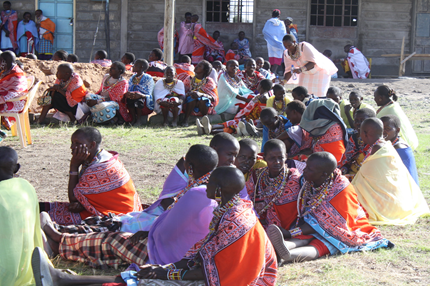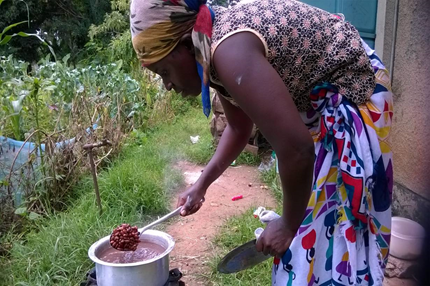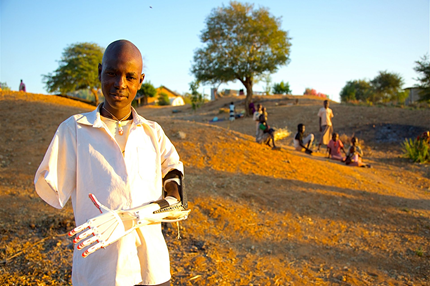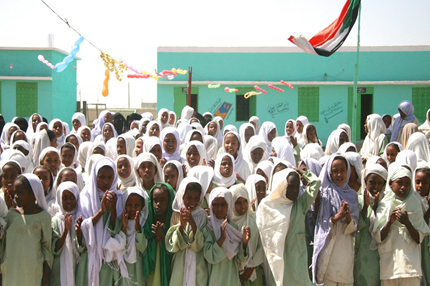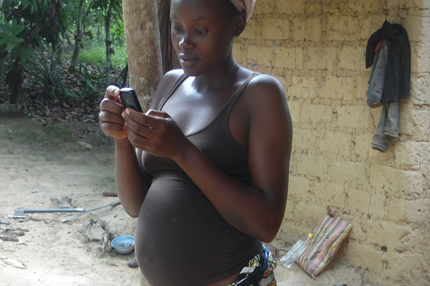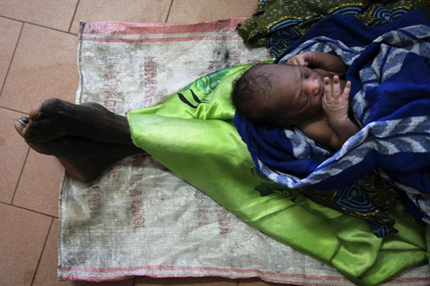'Employ women and don't be afraid to make money': tech's future in
Africa
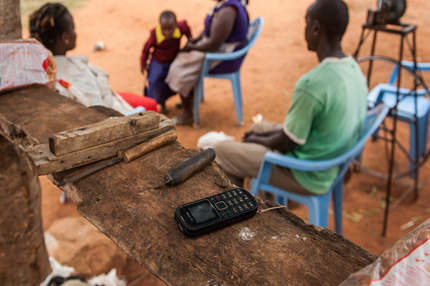
A mobile phone is charged using M-Kopa solar technology in Kenya. Photograph: Waldo Swiegers/Bloomberg/Getty Images
Entrepreneurs from around the world gather for a three-day conference looking at how the continent can get creative with the internet
What is the future of the internet in Africa? How can tech save lives, educate and light homes, in communities where schools and energy suppliers are failing?
The past few days young innovators, entrepreneurs and blockchain experts convened at the inaugural Africa 4 Tech summit to discuss these questions. Here’s what we learned.
Silicon Valley took time to find its roots – African tech hubs will too
Silicon Valley, which had input from institutions including Nasa and Stanford University, took time to find its feet, and Africa’s tech sector will too. This is still a nascent space; one with 54 countries that all have “slightly different DNA”according to Juliana Rotich, the co-founder of Ushahidi and the iHub tech space in Nairobi, Kenya. “Of course entrepreneurship is entrepreneurship and we can learn a lot from Silicon Valley, but this is a very different environment ... in Kenya we only got the internet six years ago,” she adds.
Women's rights and gender equality, we highlights issues affecting women, girls and transgender people.


Not all tech start-ups have to save lives, making money is OK too
There are tech companies that have a positive impact on the world – companies that save lives and fight climate change – but that’s not the only story, says Rotich. “If you have a start-up that creates money and creates jobs, that is also something to be celebrated.” There is a school of thought that argues that Africa needs business, not aid, to prosper. Perhaps the same logic should be applied to the tech sector.
Disruption in Africa is the opposite to disruption in the west
Africa is fertile ground for tech disruption, but there’s a fundamental difference to how this happens in the west, where technology attempts to bypass existing systems. In Africa many of these systems don’t exist, so it’s about creating solutions for things like installing formal economies, says Stéphan Eloïse Gras, founder of Africa 4 Tech.
Gras cites Uber as the best example of this. In the west the company is said to be disruptive because it provides a taxi service by connecting drivers with passengers without owning any cars – a system heavily criticised for neglecting workers’ rights. But Uber in Lagos actually formalises the economy, giving drivers a way to register their cars, a standardised way to collect money and the ability to track the journeys they’ve been on. “A trend we should all pay attention to,” says Gras.
Facebook was a solution to Mark Zuckerberg’s immediate needs, African tech start-ups should adopt the same approach
Mark Zuckerberg’s $51.3bn fortune and almost guaranteed audience with any global leader came from one wish: to find out more about the personal status of his classmates at Harvard University. By 2005 “The Facebook” was Facebook.com; 10 years later it was being used by one in seven people worldwide. The lesson for African entrepreneurs is to look for the solutions close to home before thinking about scale.
Sam Kodo, a young innovator at the conference, is one of many doing this. He created a low cost laptop for school children in rural Toga in the shape of a bag, with a screen on one side and a solar panel on the other to charge the device. At $150 (£120) it’s more affordable than tablets, which cost about $300, and while most of his customers are in his country, he has already sold 500 machines to the US.
Employ more women and you’ll make more money
According to Intel, closing the gap between the number women and men who run tech companies could add $430-$530bn to the global economy. And in Africa, “it’s important for women to be part of the story from the very beginning”, says Rotich, who encourages all new African start-ups to include women as co-founders. Not only does the data show that you will be more successful, at least half of your customers will be women. “And if you try to add them later it won’t necessarily work.”
Education is choking Africa’s creative talent before it has a chance to develop
From primary school to university, Africa’s education system is missing opportunities to spot and nurture entrepreneurial talent, say experts in the technology education sector.
“Even if you have an idea, you don’t know where to go with it,” says young innovator Larissa Uwase, who recently set up a company creating new food products from the sweet potato, a staple crop in Rwanda. Africa’s budding entrepreneurs often have to rely on after-school clubs for coding, applying for specific mentoring schemes or, in the case of Kodo, start teaching themselves robotics aged eight.
But young Africans still want to be next Bill Gates or Steve Jobs
There might not be enough support in the tech sector, but young people still dream of creating the next big thing. “People used to want to be musicians or football players, but now we are in the trend of technology, students are inspired by innovation,” says Kodo. In Rwanda there are a lot of ideas but “support with implementation is the problem”, according to Uwase, who adds that 60% of the start-ups in her country fail due to a lack of support or investment.
Only 20 people in the world truly understand blockchain – but it could be the solution to light up Africa
According to Rick Dudley, there are only about 20 people like him: people who truly understand how blockchain works and what it can be used to do. The technology behind the digital currency bitcoin creates digital property without the need for a central authority. It is currently being used to run the payment system for a micro energy grid in Brooklyn, New York, where a handful of houses create electricity with solar panels and sell it to their neighbours, bypassing the national power grid.
In sub-Saharan Africa, where 20m households live off-grid, the possibilities of a such a bottom-up approach are endless.

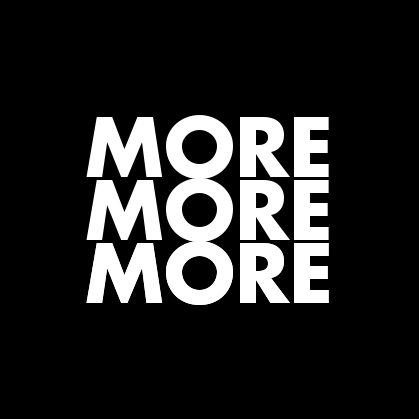
YOUR SHOPPING MADE EASY
Africa's Change Makers Magazine
COMPANY
AFRICAN ACHIEVERS INTERNATIONAL Inc. is a global media and technology company including lifestyle media publisher SEMA AFRICA
online
Magazine AFRICAN ACHIEVERS MAGAZINE, digital shopping
platform PA-BEAUTY STATION.COM, event management
PRIDE OF AFRICA, awards program AfIA
AWARDS, youth and talent development, PILLARS OF
HOPE and AAK, Volunteerism
UNIVERSIDAY grassroots community support
NAD and financial support
REMITGROW and monthly subscription box AAi Must
Have. ....
More from African Achievers International
SUBSCRIBE








